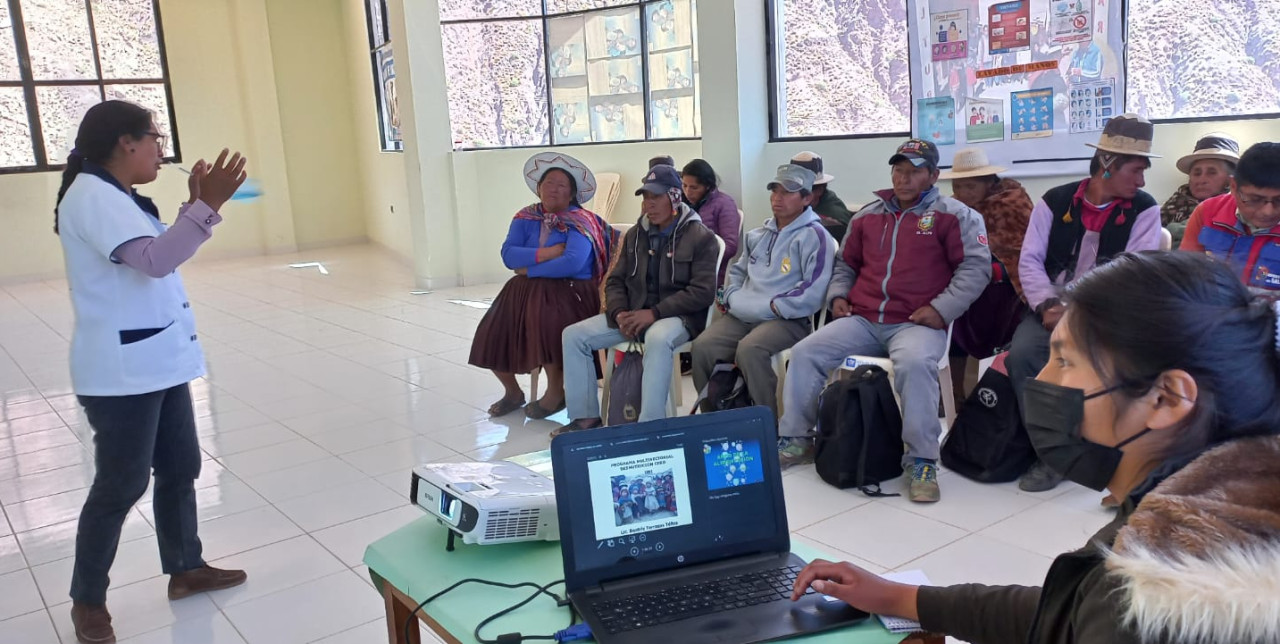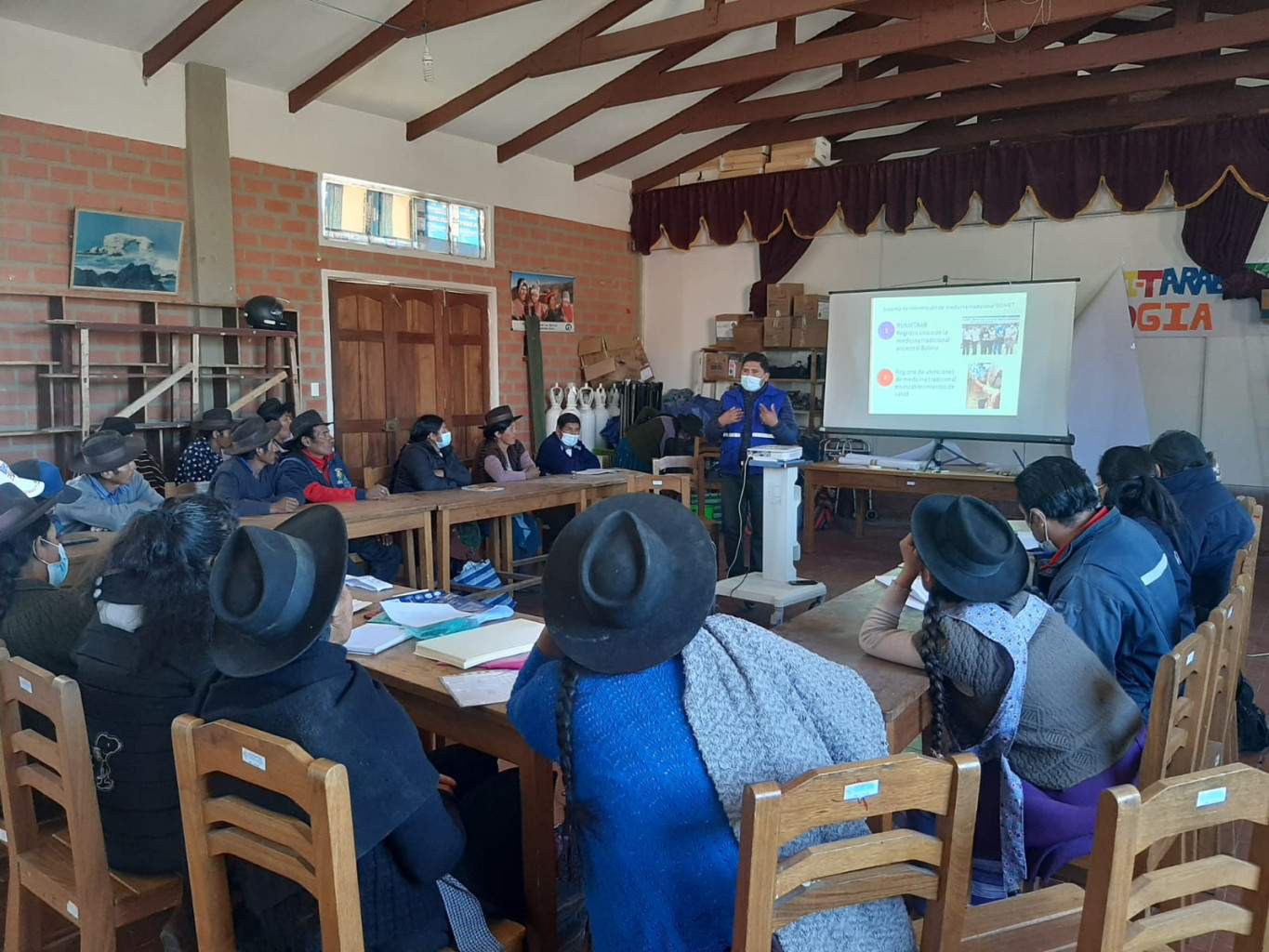08-03-2023 | di COOPI
Bolivia. The interaction between traditional and modern medicine during Covid-19
In Bolivia, traditional medicine is a widespread practice, especially among indigenous communities, but with the perversion of the Covid-19 pandemic, traditional doctors had to question how their knowledge could help patients suffering from this new disease. As the months passed and with extensive studies, traditional medicine managed to find an effective intervention channel, especially during the early stages of disease recognition. In the most severe cases, however, the patient was directed to the care of modern medicine. This complementarity grew over time, articulating a series of measures for the treatment and prevention of the disease at community level.
In fact, during the pandemic, due to the cost of treatment and the lack of medicines in city hospitals, many people sought refuge in rural areas, where they felt safer from the possibility of contagion. In case of illness, they would thus avoid the risk of isolation from their families or abandonment in health centres. In this complex context, traditional medicine proved to be a very effective response.
Traditional doctors assisted patients through home visits or telephone calls, paying special attention not only to the symptoms of the disease but also to the psycho-social situation of the sick person. Thus, by also playing a role of psychological support, traditional doctors progressively alleviated the patients' sense of abandonment. Their approach to the situation allowed the traditional doctors themselves both to consolidate their knowledge and to learn how to create new traditional medicines with plants. In addition, through the information provided by academic medicine, they have structured an awareness-raising action on the precautions to be taken and maintained when treating the virus and sick patients.
The complementarity between traditional and modern medicine is the focus of the project 'QULLASUYU: Exercise of the right to intercultural health for indigenous peoples in Bolivia', funded by the European Union and implemented by COOPI - International Cooperation together with the local NGO PRODECO. The project intends to contribute to the exercise of the right to integral and intercultural health of the indigenous communities in the areas of Oruro, Protosì and Chuquisaca, guaranteeing the articulation between traditional medicine and academic medicine and providing both the strengthening of the technical skills of traditional doctors and the participation of the communities.
Even with the positive experience during the pandemic, modern medicine in Bolivia continues to recognise and integrate the use of traditional medicine into its practices. Similarly, traditional doctors continue to explore the importance of the complementarity of their practices with those of modern medicine for the better treatment of diseases, such as the use of vaccines.
In Bolivia, COOPI is also present in other cities with diversified projects, where it supports the development of resilience strategies with a focus on sustainability, respect and protection of the environment, as well as, as we have just seen, issues concerning the health of the population.




 Bolivia
Bolivia
